Light touch cost us many lives, Swedish scientist concedes
The scientist behind Sweden’s COVID strategy concedes the choice not to impose a lockdown could’ve been a mistake.
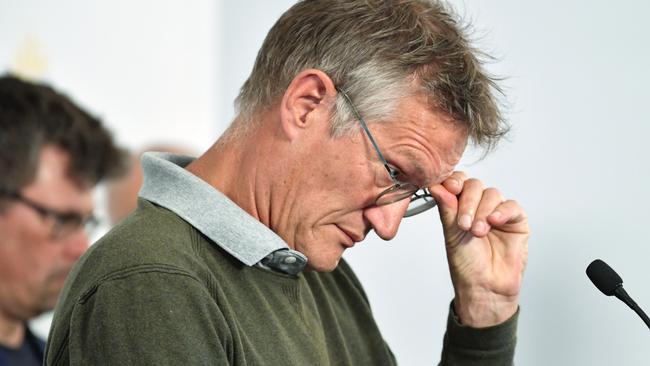
The scientist behind Sweden’s light-touch coronavirus strategy has conceded that it led to “too many” deaths, in the first admission that the choice not to impose a general lockdown could have been a mistake.
While its neighbours shut schools, restaurants and all but essential shops in early March, Sweden was the only rich European country to take a less coercive approach.
Until now it has pursued a policy of “mitigation”, permitting most schools, bars, nightclubs and virtually all other businesses to remain open, and initially allowing gatherings of up to 500 people.
Its death rate per capita has climbed to among the highest in the world, behind only Belgium, Britain, Spain and Italy. Sweden has registered 4542 COVID-19 deaths, four times as many as Denmark, Norway and Finland combined.
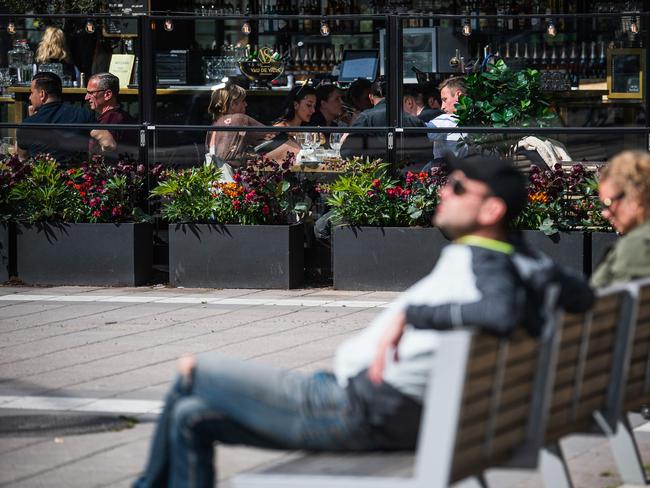
Hopes that letting the virus spread through the country would swiftly create herd immunity, where the disease fades away because a majority of the population have acquired resistance, appear to have been dashed.
Other Nordic countries have begun to open their borders to each another but closed them to most Swedes.
Anders Tegnell, the Swedish chief epidemiologist responsible for the strategy, has acknowledged that the authorities did not take enough action.
“If we were to encounter the same disease again, with the precise knowledge we have of it today, I think we would end up midway between what Sweden did and what the rest of the world did,” he told Sveriges Radio.
“There is quite obviously room for improvement in what we have done in Sweden. It would be good to know exactly what to shut down to do better at hindering the spread of the virus.”
Asked whether too many people had died in the first phase of Sweden’s outbreak, Mr Tegnell said: “Yes, absolutely.” He later insisted, however, that Sweden would stick to its strategy and said that the decision to keep schools open for pupils under 16 had been vindicated by data from other countries.
The interview nonetheless marked a change in tone from a man who had previously trumpeted his “trust-based” approach, dismissed other countries’ border closures as ridiculous and was rebuked by the Italian ambassador for implying that Rome was ill-equipped to cope with the virus.
Mr Tegnell did not say what could have been done differently. His critics, however, cite failures to lock the country down, shield care homes and set up an adequate testing regime.
Rather than seeking to contain or suppress the virus by severely restricting people’s movements, Sweden’s public health authorities reasoned that the disease would spread through the population whatever action they took.
One of Mr Tegnell’s allies and predecessors compared it to an unstoppable tsunami that had to take its course.
Swedish officials reject the idea that they have taken a radically different path to other countries. The government closed secondary schools and universities, ordered people to keep at least 1.5 metres apart in public and eventually limited gatherings to a maximum of 49. It relied, however, on trusting individuals to follow social distancing advice and uphold their responsibility under Swedish law not to behave in ways that might spread the disease.
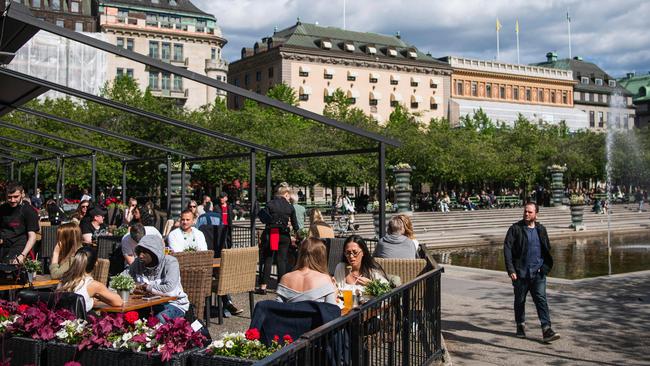
The results have been mixed. The number of COVID-19 deaths recorded each day has fallen from more than 100 in late April to about 50, but the daily rise in cases is continuing.
Predictions that Stockholm, the centre of the outbreak, would have herd immunity by the end of last month now seem optimistic. By the end of April only 7.3 per cent of its residents had been exposed to the disease, tests suggest.
The hospital system has coped well, however, and one poll suggested that barely one in ten Swedes distrusted Mr Tegnell’s strategy. The epidemiologist has become a folk hero in Sweden, with pop songs recorded in his honour. One man had Mr Tegnell’s face tattooed on his arm.
The Times

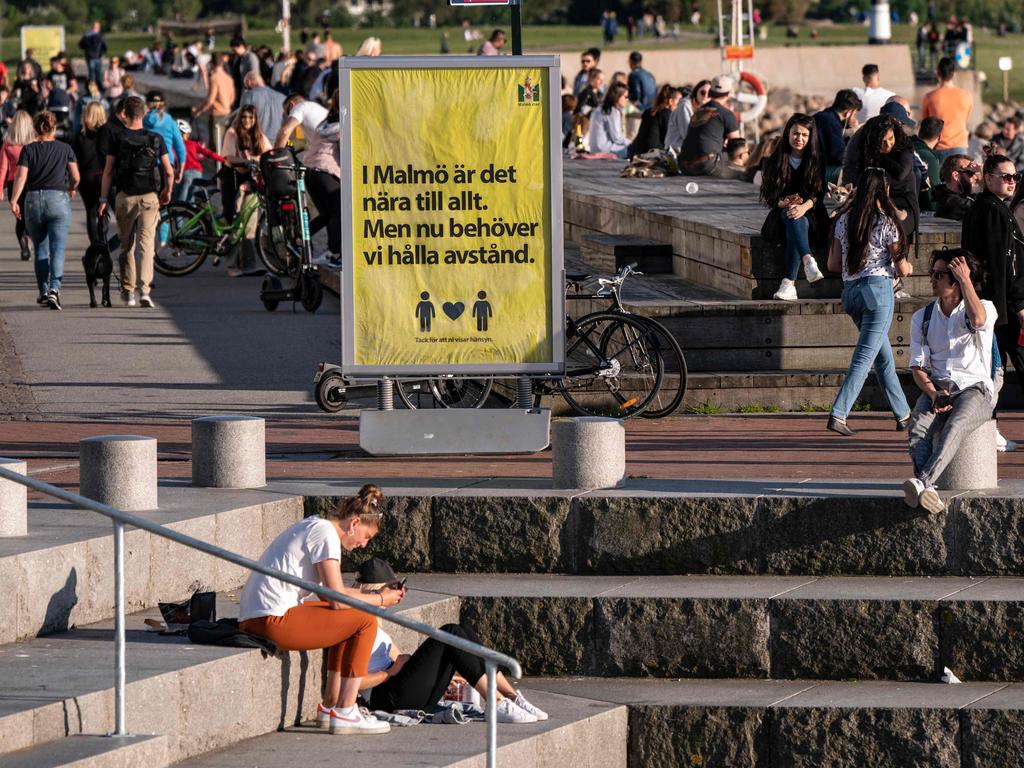
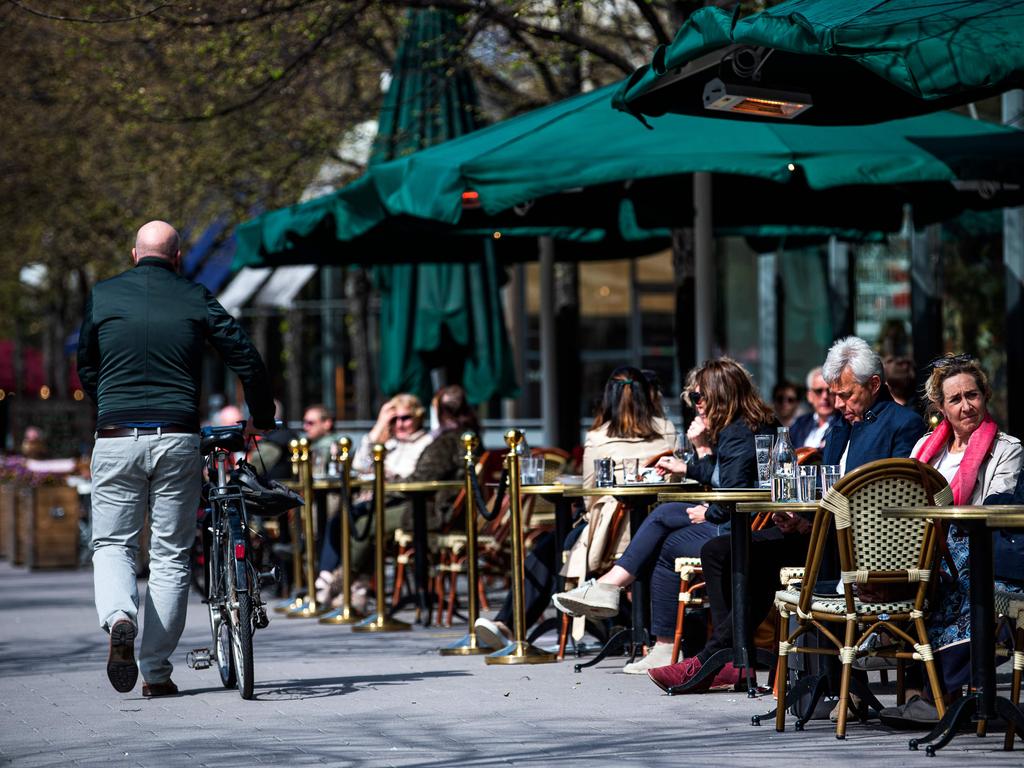
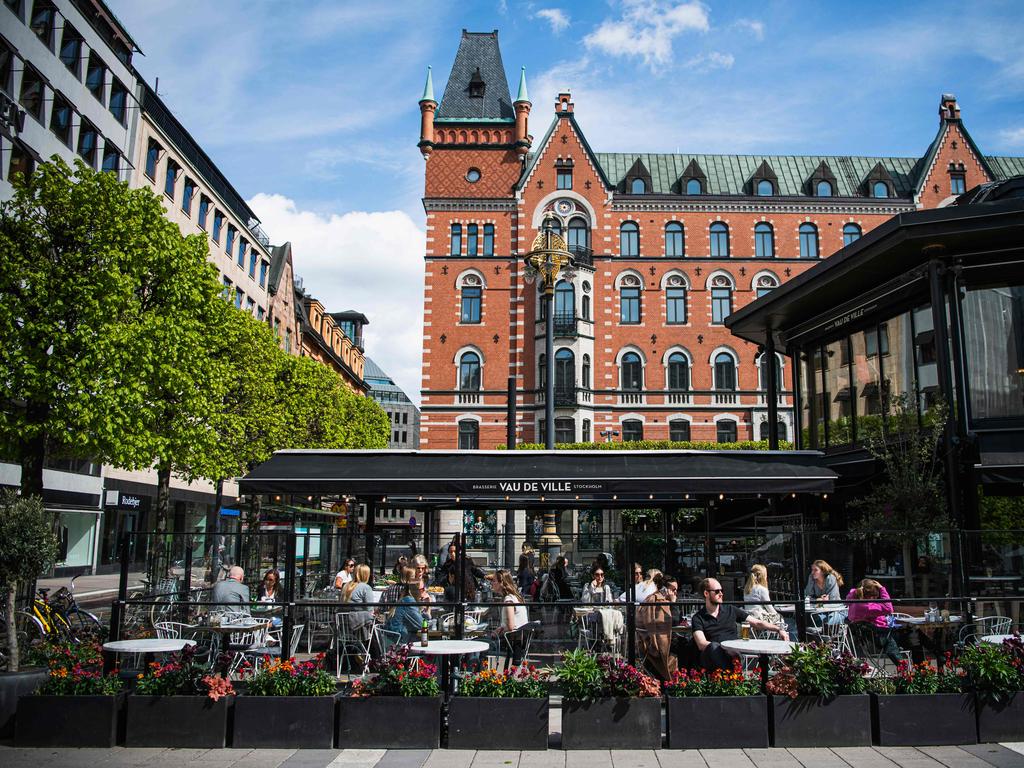



To join the conversation, please log in. Don't have an account? Register
Join the conversation, you are commenting as Logout